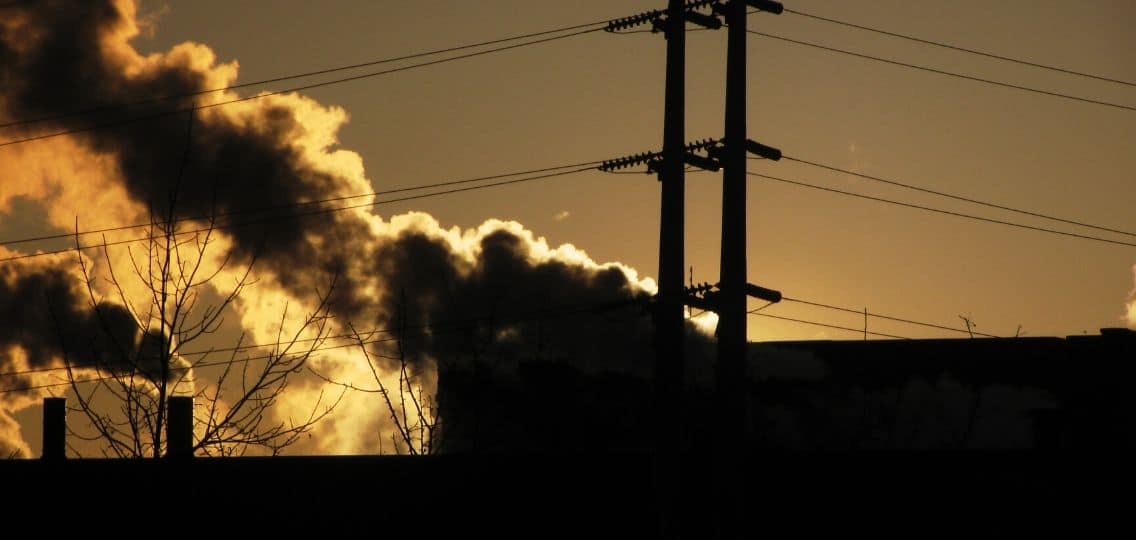Bill 197 is bad news for the environment
On July 8, the Ontario government tabled Bill 197 (COVID-19 Economic Recovery Act, 2019). The bill uses the premise of economic recovery to tear up environmental protections and prevent Ontarians from having a say on major projects that impact their lives.
By the evening of July 21 -less than two weeks later – the Ontario government had passed the bill into law, fast-tracking this wide-reaching piece of legislation without providing any opportunity for input from members of the public.
In response, Ontario’s auditor general stated that the Ford government was not compliant by failing to post the changes in Bill 197 on the Environmental Registry for a full 30 days to allow for public consultation.
That is why on August 7, Ecojustice, on behalf of Greenpeace Canada and Wilderness Committee, launched a judicial review of the Ontario government’s failure to consult with the public before steamrolling through such major legislation.
Bill 197 phases in major changes to how Ontario applies environmental assessments (EA). The new legislation means that many public sector infrastructure projects would no longer be subject to some form of EA , only specifically listed projects will be subject to assessment.
This is bad news for Ontario communities. It is possible the community will not learn about a project until very late in the process, nor will they have opportunities to provide input to influence whether and how that project is carried out.
And it’s not just assessments of major projects that will be impacted. The bill proposes terminating options for public appeals on environmental issues that were not addressed in a streamlined EA. Currently, class EAs for smaller projects can be subject to “bump up” appeals – residents can ask the minister to oversee the approvals and impose stricter conditions, or even require a full EA. Under Bill 197, these provisions would be stripped out of Ontario’s Environmental Assessment Act, and replaced with provisions that only allow for appeals on existing aboriginal and treaty rights issues.
All told, this means many projects previously subject to public and ministerial oversight will have little to no public input.
The same day Bill 197 was tabled, the Ford government introduced a slew of other proposals to exempt aspects of many major infrastructure projects, such as forestry management, the final phases of highway planning or highway expansions, construction of collector roads, removal of bike infrastructure, road widenings, projects in parks and conservation reserves, or major expansions to sewage treatment plants from the environmental assessment process. There are also changes to how assessments would be conducted for transit, mining, forestry, Hydro, waterpower and other projects. It is reasonable to expect that these exemptions would be incorporated into the proposed COVID-19 Economic Recovery Act, regulations should Bill 197 pass into law. Many of these detailed reforms are posted for public comment on Ontario’s environmental registry until August 22nd.
These changes amount to something that is a far cry from the original vision of environmental assessment, which aimed to ensure we look before we leap and understand the environmental impacts of all potentially harmful decisions before they are made. Environmental assessment is supposed to be the primary means through which we achieve sustainable development and public participation in environmental decisions.
Ontario’s Bill 197 will revert environmental protection standards back to the 1970s, when the default was zero assessment and minimal regulatory oversight unless political decision-makers found it expedient.
Bill 197 was rushed through in a matter of weeks, without any time for Ontarians to have their say. Adding insult to injury, the Ontario government has tried to shield itself from legal oversight for its failure to meet the public consultation requirements under the Ontario Environmental Bill of Rights.
Read our letter prepared by Ecojustice and the Canadian Environmental Law Association and sent on behalf of twelve environmental organizations objecting to this unlawful violation of Ontarians’ rights to participate in environmental assessment reform.


